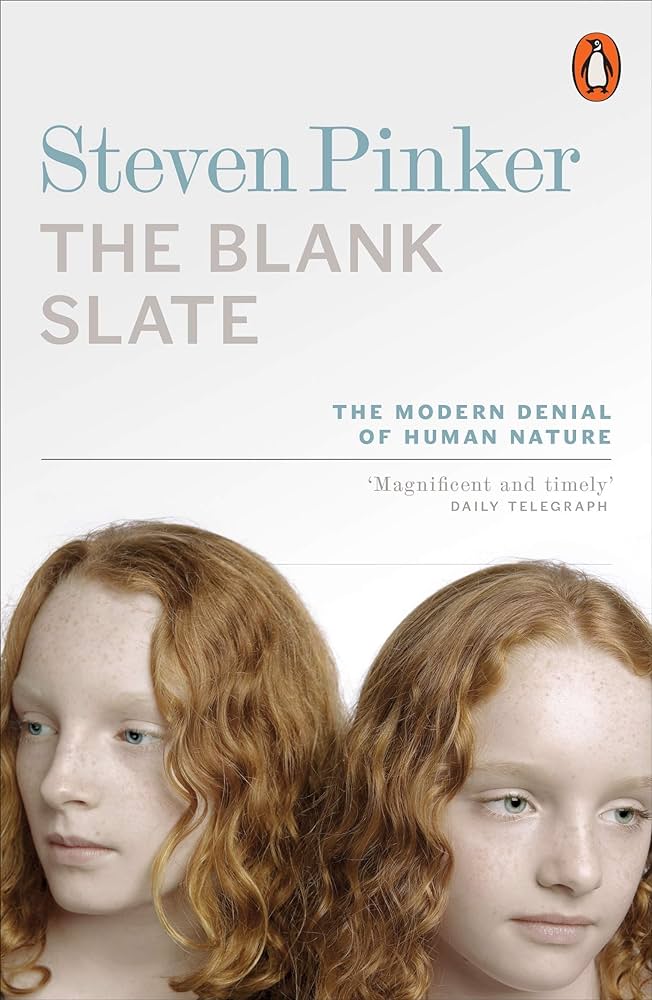
What is more interesting than the human mind, Steven Pinker once asked. But this is also a question that has been asked in many different ways, with a variety of theories to describe it. There are those who believe that the mind is literally a “tabula rasa,” a blank state; which in its original Latin meant “scrapped tablet.” Then, there are those who argue that human beings, in their ‘original’ pristine state, were Noble Savages, free from the strictures and rules of the state, invariably, independent to roam the world. Finally, there are the dualists who argue that the mind is perpetually different from the body. The mind, in more ways than one, is a “ghost in the machine.” It will trigger into operation, when there are lights, sensations, and stimuli. Otherwise, it falls into a state of deep slumber. Of course, all three perspective have their proponents and detractors. From the religious right, the mind is endowed with honor, value, ability and soul; that quality derived from the ‘image of God’ not least.
Steven Pinker, through lucid writing and exhaustive research, reaching almost encyclopedic proportions, argued that all three theories of the mind, have given rise to different understanding of politics and government. When the mind is considered a ‘tabula rasa,’ as put forth by an empiricist like John Locke, a ‘parliament of men’ is there to tolerate the view of all, without subjecting others to the tyranny of majority. In other words, since every human agent is capable of having different experience and sensation, it goes by logical and moral justification, that differences in belief ought to be respected. Therein, the rise of human rights and responsibilities.
In turn, if the human being is captured in the context of a Nobel Savage, then the state or Leviathan that is built to contain and control it, has to be fair, accountable and responsive to what Jean Jacques Rousseau called the “general will.” Of course, the concept of the “general will” is one of the most controversial doctrines available, as it has given rise to extreme nationalism and religious absolutism..
More importantly, when the mind and body are considered to be separate, then a government should, by right, be able to tolerate euthanasia, even all forms of embryonic stem cell research, to the degree if the cells are harvested from unborn babies
Steven Pinker, who has written numerous books on the mind, argues that the human mind can operate on common sense, cognitive learning and careful calibration of all evidence and arguments. There is no need for any one particular theory to determine the flow of all arguments. In this sense, Steven Pinker is a cognitive empiricist who also happens to be a humanitarian optimist. He truly believes in the ability of the human mind to separate the wheat from the chaff, especially if one is capable of empathy. By putting oneself in the shoe of the other, the human mind can already work wonders. It can be more caring, more nurturing, and more thoughtful. In this vein, Steven Pinker is closer to the Confucianism of Wang Yang Ming, Mencius and Tu Wei Ming than he realized. In all, this is a superb book, that has taken politics, psychology and philosophy apart; right down to their bare bone rudiments.
If a student has the stamina to read it from cover to cover, in addition to supplementing it with Confucian texts, he or she can acquire a powerful and humanistic outlook to understand the world for what it is, rather than how it should be.
